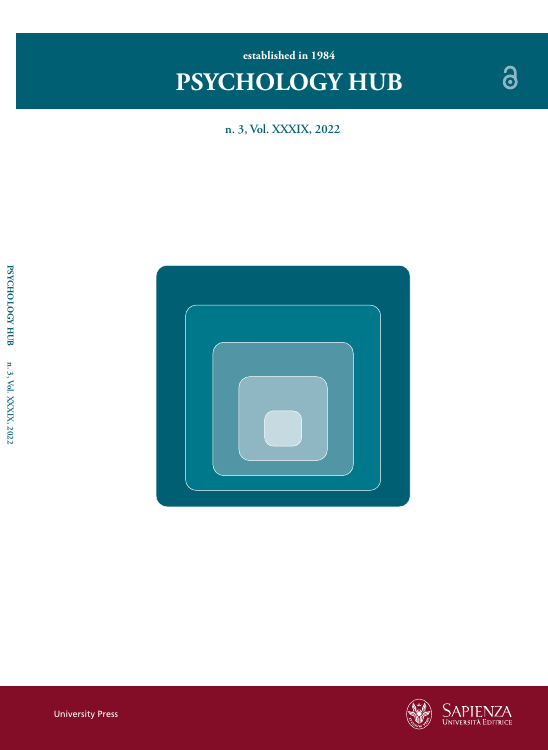Representations of immigration on Facebook
A lexicographic analysis of the communication of Italian populist and non-populist leaders (2019-2021)
DOI:
https://doi.org/10.13133/2724-2943/17809Abstract
This study proposes a psycho-social reading of immigration communication on Facebook by five Italian political leaders during the Conte II government (5 September 2019 to 13 February 2021).
The research is inserted into the theoretical framework of social representations that presuppose the complexity and tendentiousness of language by actively participating in constructing reality.
We analyzed the discursive construction of the migration phenomenon in the posts published by two leaders of the right and center-right populist parties (Giorgia Meloni and Matteo Salvini, respectively), the leader of the populist catch-all party 5-Star Movement (Luigi Di Maio), and two left-wing non-populist leaders (Nicola Zingaretti and Laura Boldrini), in order to ensure a comprehensive coverage of the different political ideologies in the Italian context.
From the entire corpus of posts published by the five leaders under examination during the analysed period, only the posts concerning immigration were selected, for a total of 1171 posts. Of these, 311 were pubblished by Giorgia Meloni, 760 by Matteo Salvini, 45 by Luigi Di Maio, 30 by Laura Boldrini and 25 by Nicola Zingaretti.
We noticed important differences in communication regarding the migration phenomenon, with the two right-wing populist leaders (Salvini and Meloni) more likely to publish posts about immigration and promoting a negative representation of the migration phenomenon, showing support for restriction policies and adopting an 'exclusionary' populist style, in contrast to Di Maio (who, despite being a populist leader, maintains a more neutral style) and especially the two left-wing non populist leaders Boldrini and Zingaretti who are advocates of a humanitarian attitude towards immigration.
Additional Files
Published
How to Cite
Issue
Section
License
Copyright (c) 2022 Psychology Hub

This work is licensed under a Creative Commons Attribution-NonCommercial-ShareAlike 4.0 International License.





